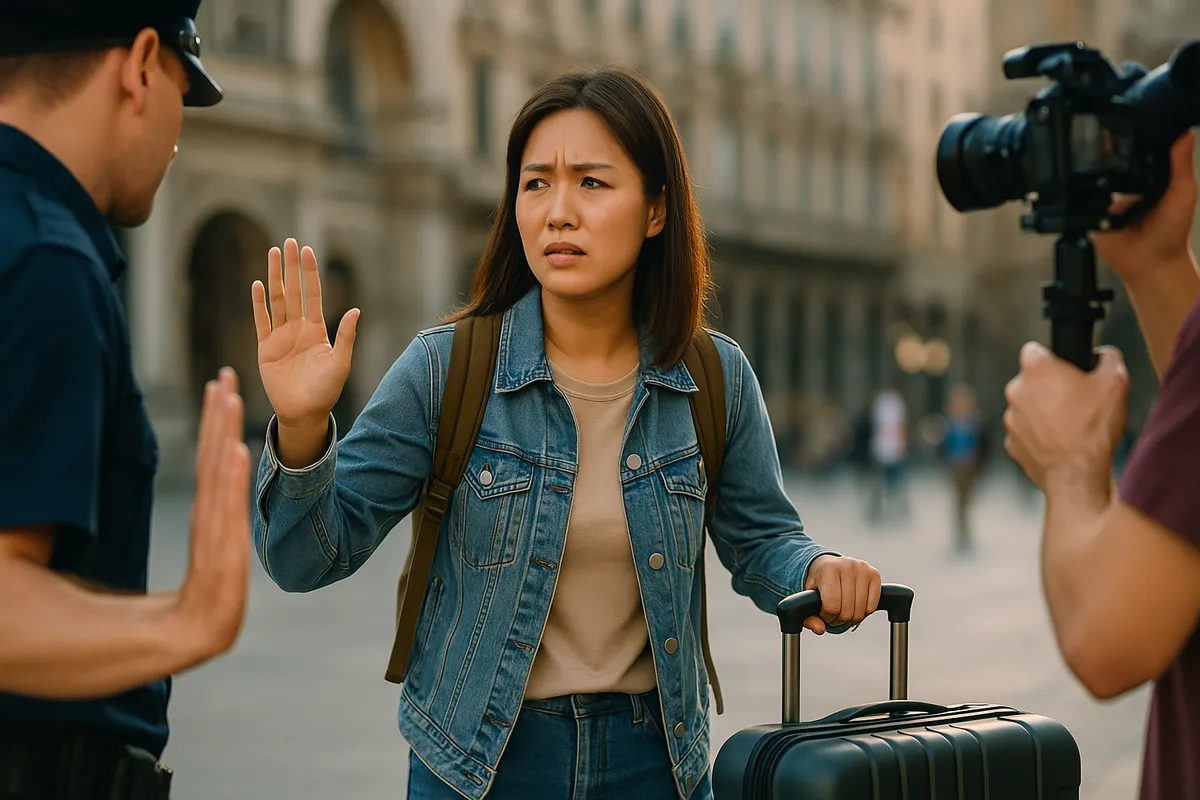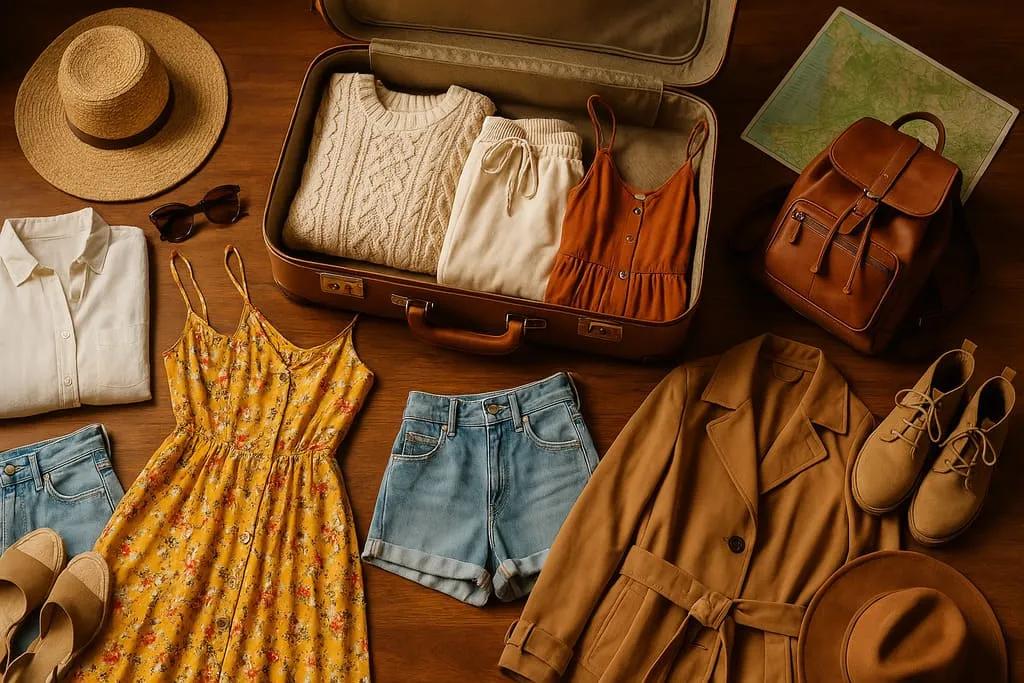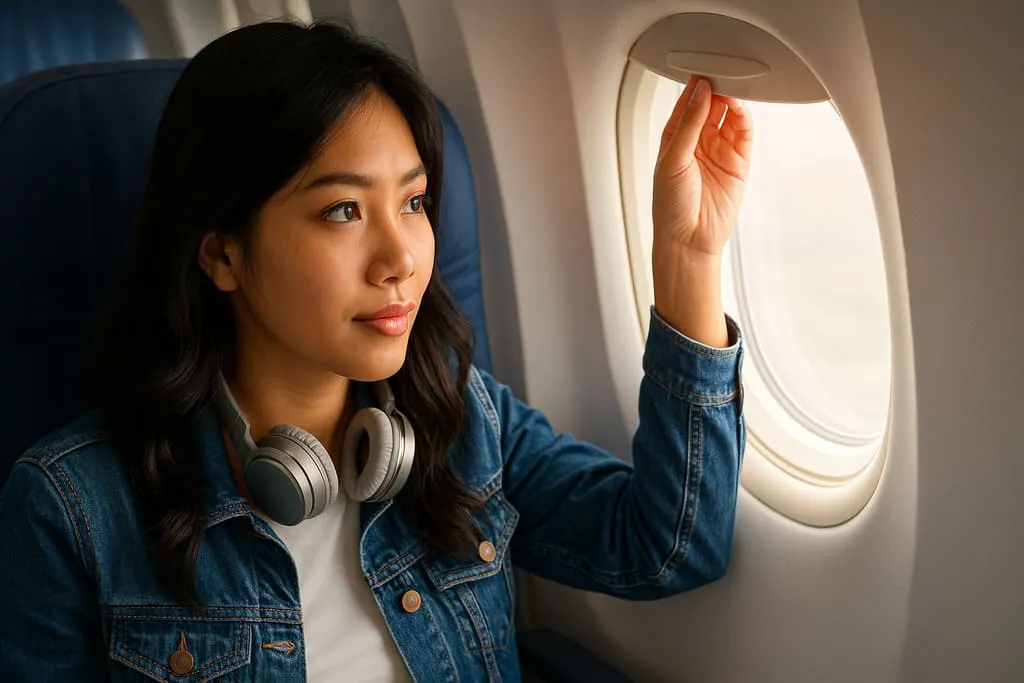Things to avoid when traveling abroad
- Wednesday, Jun 25, 2025, 06:45 (GMT+7)
Things to avoid when traveling abroad
Traveling internationally opens the door to new cultures, unfamiliar landscapes, and unforgettable experiences. However, even a small misstep, a seemingly harmless habit, or a brief moment of carelessness can quickly turn a dream trip into a stressful ordeal. Many travelers find themselves in trouble not due to bad luck but simply because they were unprepared or unaware of local customs. Understanding and avoiding common travel mistakes is an essential skill for anyone hoping to enjoy a smooth, safe, and culturally respectful journey.
One of the most important things is never to underestimate local laws and behavioral norms. In some countries, public behavior is strictly regulated, from smoking, eating, and phone usage to dress codes and manners. For instance, chewing gum in Singapore or eating on public transport in Japan can result in hefty fines. At religious sites in Southeast Asia, revealing clothing or loud behavior is often met with disapproval and could lead to being denied entry. Respecting these rules is not only about avoiding penalties but also about showing cultural sensitivity and gaining positive recognition as a respectful visitor.
Another common mistake is bringing prohibited or unnecessary items. Many travelers are unaware that certain over-the-counter medicines in Vietnam may be restricted or banned in countries like the UAE or Japan. Devices such as drones, pocket knives, audio recorders, or GPS trackers can also be confiscated or lead to questioning at customs. Packing should always go hand in hand with thorough research about the destination’s regulations. Overpacking with “just in case” items only adds to the luggage burden and may lead to extra fees. A well-organized, lightweight suitcase tailored to the local climate and customs is far more practical than dragging along your entire wardrobe.
Internet connectivity while abroad also presents risks. Free public Wi-Fi at airports, cafes, or hotels might seem convenient but often opens the door to cyberattacks, data theft, or malware infections. Activities such as logging into bank accounts, entering card information, or sending sensitive documents over unsecured networks should be avoided. A better alternative is purchasing a local travel SIM card, activating a roaming plan, or installing a reliable VPN app. These small investments can provide peace of mind and protect your digital security throughout the trip.
Taking photos of locals without permission may seem harmless but can lead to serious consequences in many cultures. In parts of Europe, Asia, and the Middle East, photographing people—especially children, the elderly, or those in traditional attire—without consent is considered an invasion of privacy. Some religious or heritage sites even ban photography entirely. Respecting personal boundaries and cultural sensitivities will not only help you avoid confrontations but also demonstrate that you are a thoughtful and considerate traveler.
Tipping is another cultural nuance that many overlook. In countries like the United States, Canada, and France, tipping is an expected part of service and neglecting it may be seen as rude. In contrast, in places like Japan or South Korea, tipping may be refused or even considered offensive. There is no one-size-fits-all rule, but researching local tipping customs before the trip—especially if you plan to dine out, use taxis, or join guided tours—will help you avoid uncomfortable situations.
Oversharing personal information online is a subtle but serious mistake. Publicly posting your itinerary, accommodation details, or passport photos on social media while still abroad can invite unwanted attention or even theft. Always maintain a healthy level of privacy and avoid disclosing exact locations in real-time. It’s also smart to separate your passport, visa, cards, and cash into different places rather than keeping everything together. Storing digital scans of important documents on your phone or cloud storage can also be a lifesaver if anything goes missing.
Financial management is another area where many travelers stumble. Currency exchange counters at airports or street vendors often offer poor rates or pose risks of counterfeit notes. Always compare rates beforehand and use licensed exchange offices when possible. Also, don’t rely solely on credit cards, as some places may only accept cash or local cards. It’s advisable to carry a reasonable amount of local currency for small purchases or emergencies and keep your money divided across multiple wallets or secure pouches. This method can minimize losses in case of theft or misplacement.
Overtrusting strangers is a risk that is often underestimated. While meeting friendly locals is part of the travel experience, excessive friendliness from strangers should be approached with caution. Offers of help, free samples, or requests to borrow your phone can sometimes be precursors to scams. Maintain polite distance and avoid revealing personal details such as your accommodation, travel schedule, or financial information. Staying alert and exercising common sense are vital tools to navigate unfamiliar environments safely.
Another mistake that should never be made is skipping travel insurance. Although optional in many countries, insurance is essential in case of emergencies such as medical issues, flight delays, or lost belongings. In some countries, medical costs are extremely high, and even a minor illness can result in a hefty bill. Purchasing appropriate travel insurance offers financial protection and ensures timely assistance when needed. It’s a small step that can make a significant difference when the unexpected happens.
International travel is inspiring, but it also requires responsibility, preparation, and cultural awareness. Avoiding these common missteps is not about restricting your freedom but about protecting your well-being and preserving the positive image of travelers from your country. With thoughtful planning, respectful behavior, and a curious yet cautious mindset, your journey will not just be a getaway but a rewarding and unforgettable chapter of your life. Let knowledge be your most powerful travel companion.

 CHECKIN.VN
CHECKIN.VN








Share on